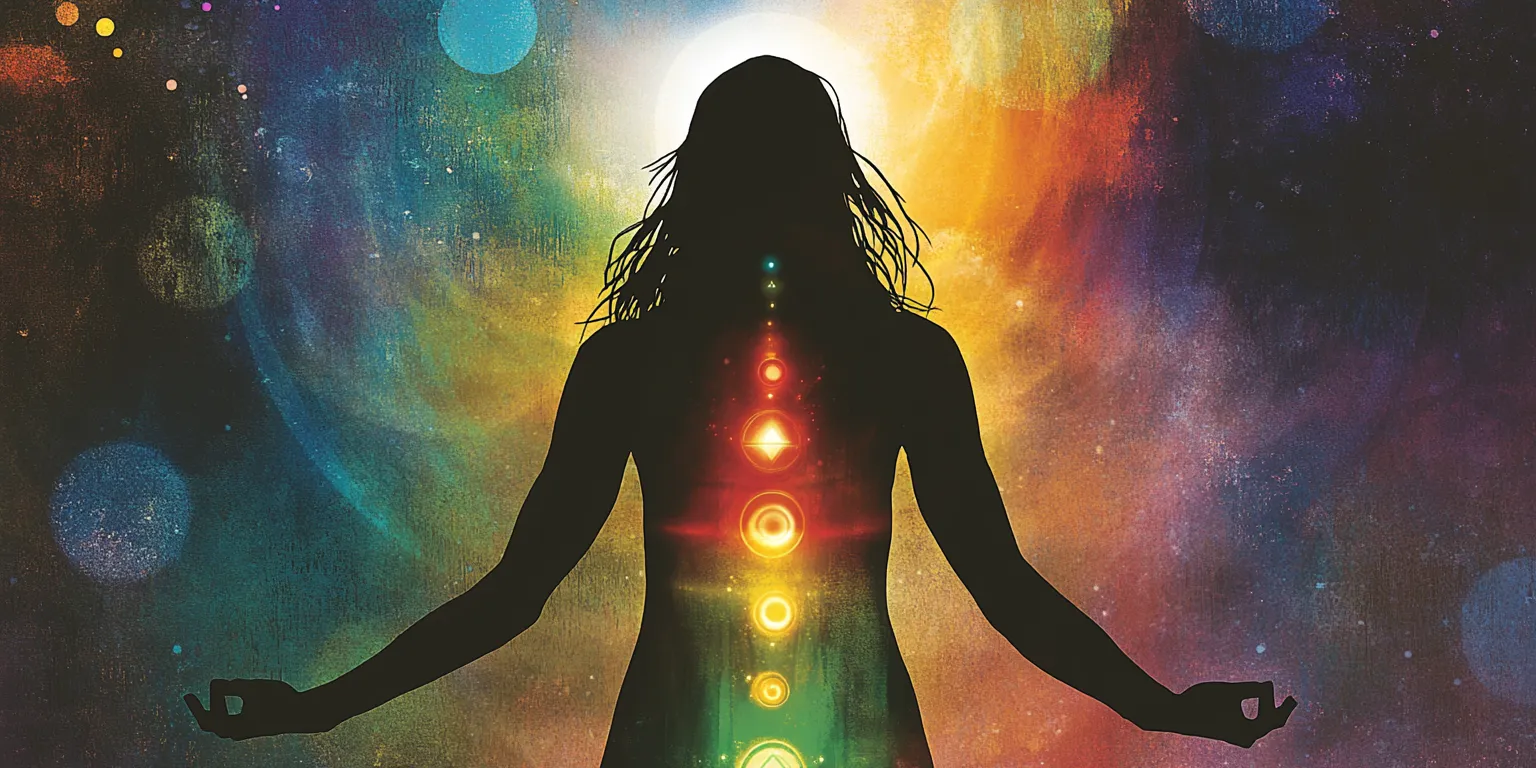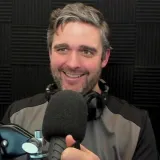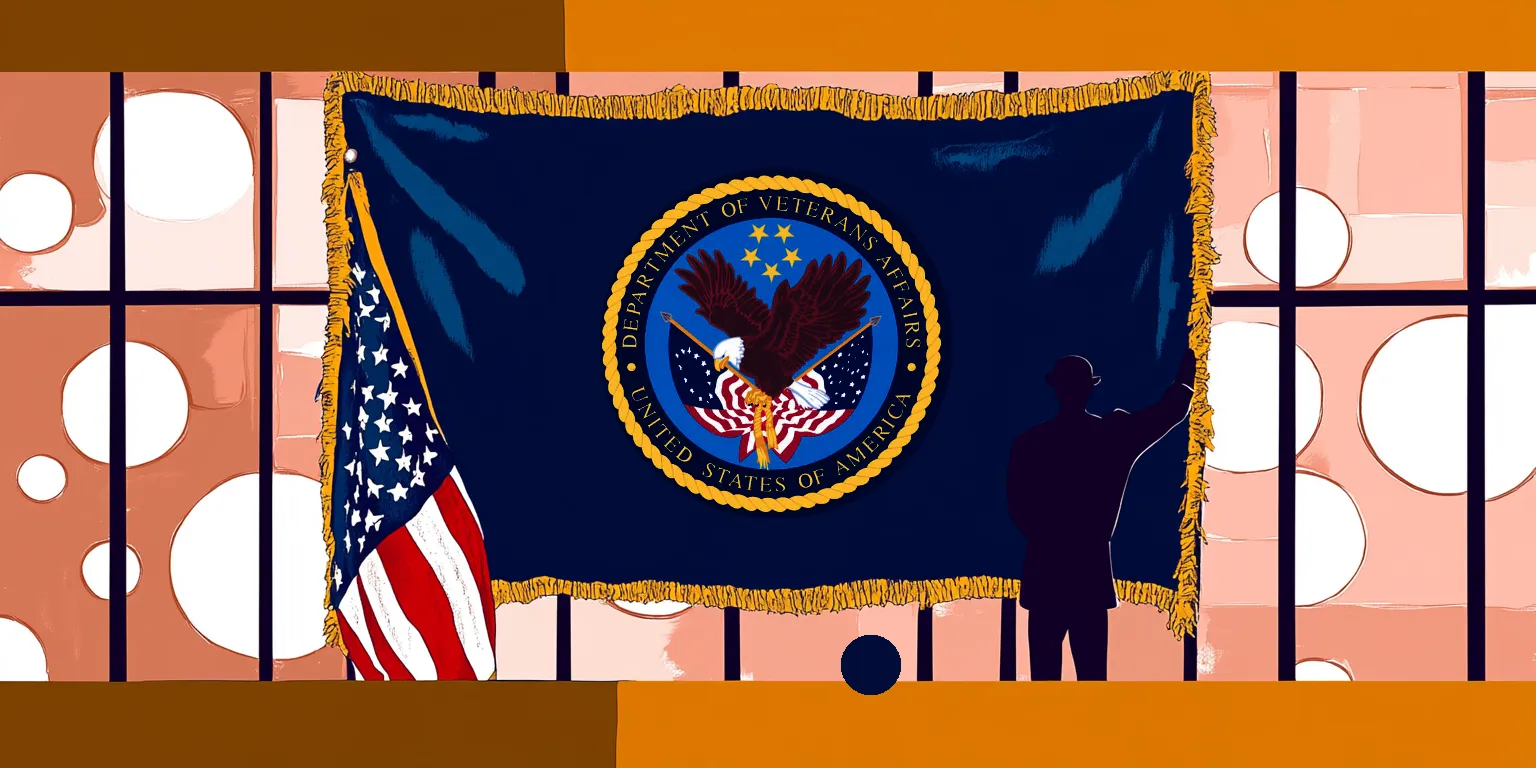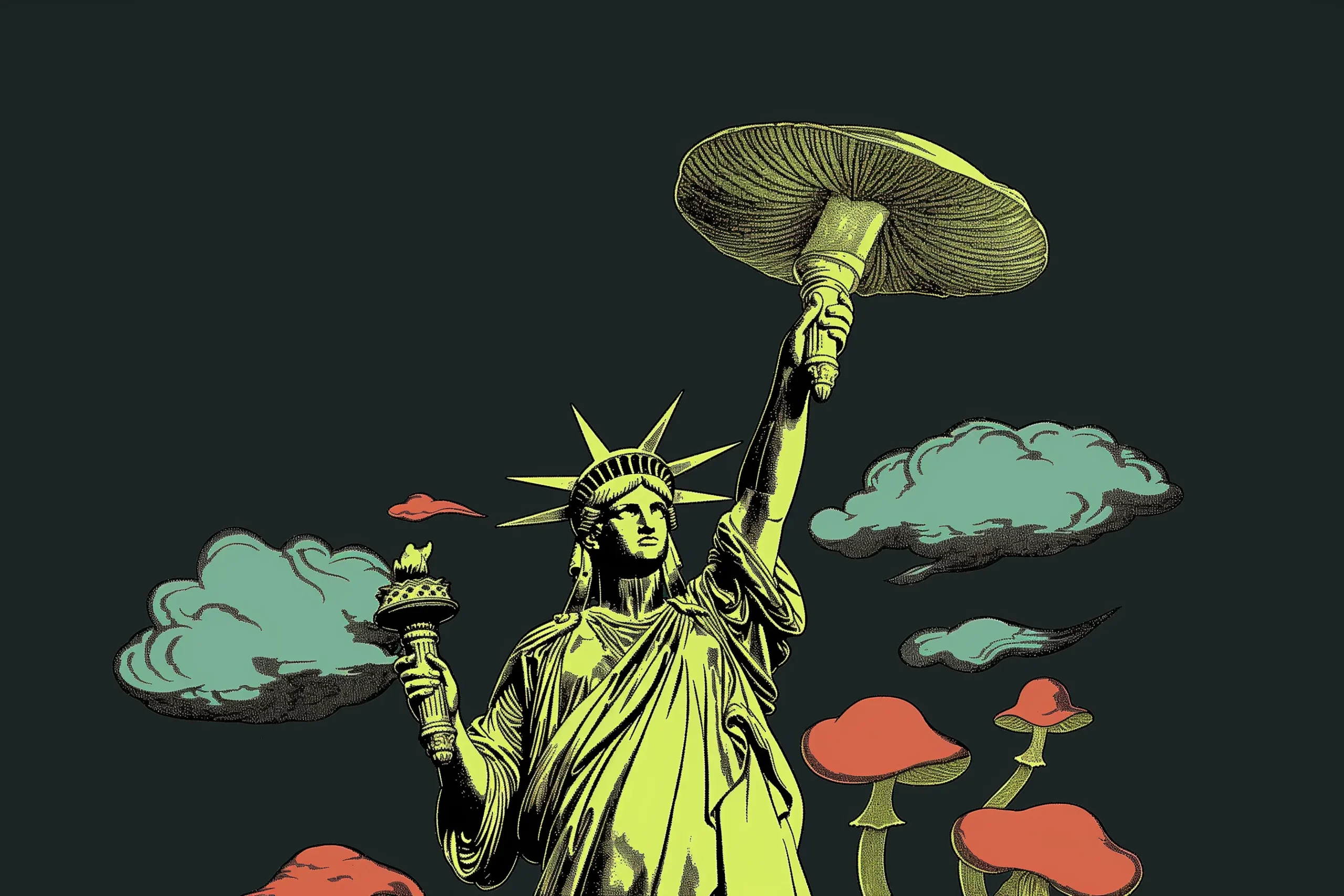This week the realm of psychedelics brings a range of exciting discoveries and advancements. A study conducted at Johns Hopkins Medicine reveals that psychedelic drugs can reopen “critical periods” in the brain, offering new therapeutic possibilities. GOP lawmakers push for psychedelic-assisted therapy for former military service members, while Numinus announces a new partnership with MAPS to support psychedelic training. Deeply personal narratives highlight the healing potential of psychedelics, and scientific studies explore the combination of MDMA and LSD. These developments showcase the evolving landscape of psychedelic research and its potential for transformative impact.
Scientists Discover That MDMA Resets “Critical Period” In the Brain

A study conducted by researchers at Johns Hopkins Medicine, and published by the John Hopkins News Room, has found that psychedelic drugs have the ability to reopen “critical periods” in the brain, which are times when the brain is highly receptive to learning signals from the environment. The study, conducted on mice, revealed that psychedelic drugs such as ibogaine, ketamine, LSD, MDMA, and psilocybin can reopen these critical periods for varying lengths of time, ranging from 48 hours to four weeks, depending on the drug used. This seems to indicate that psychedelics could help people learn and think in new ways, though human studies are needed.(1)
This discovery sheds light on the mechanism of action of psychedelic drugs and suggests potential therapeutic applications beyond the currently studied conditions like depression, addiction, and post-traumatic stress disorder (PTSD). The researchers believe that this finding could have implications for conditions such as strokes and social anxiety.(1)
The study also identified molecular mechanisms influenced by psychedelics. The researchers found that different psychedelic drugs affect the expression of 65 protein-producing genes associated with the critical period. Some of these genes regulate proteins involved in maintaining or repairing the extracellular matrix, a structure that surrounds brain cells and is associated with social learning behaviors.(1)
Keep Up with Uncensored Psychedelic Trends
Join our newsletter at Psychedelics Uncensored.
We respect and protect your privacy. By subscribing your info will be subject to our privacy policy . Unsubscribe easily at any time
Overall, this study provides new insights into how psychedelic drugs work in the brain and opens up possibilities for novel therapeutic interventions based on their ability to reopen critical periods of brain development.(1)
GOP Congressman om Ibogaine Therapy: “It Changed My Life”
Republican congressman Rep. Morgan Luttrell spoke about his psychedelic experience during a press briefing outside the U.S. Capitol and in a video on his official Youtube channel. He said that psychedelic-assisted therapy with ibogaine and 5-MeO-DMT “changed my life” and was “one of the greatest things that ever happened to me.” The congressman, along with other GOP lawmakers and military veterans, discussed a newly introduced bill that aims to create a $75 million federal grant program for researching the therapeutic potential of psychedelics for certain health conditions among active duty military service members and veterans.(2)
“I applaud my former SEAL teammate Rep. Crenshaw and all congressional members in support of this bill, which is a critical step in ending the suicide epidemic plaguing our active-duty and veteran populations,” said Marcus Capone, co-founder of Veterans Exploring Treatment Solutions and a Navy SEAL veteran who underwent psychedelic treatment.
Rep. Dan Crenshaw, the lead sponsor of the bill, emphasized that psychedelic therapy has been effective in helping veterans overcome mental health struggles and called for action to support veterans in accessing these treatments. He also touched on the egregiously high rate of suicide among veterans and service members. The bill, titled the “Douglas ‘Mike’ Day Psychedelic Therapy to Save Lives Act of 2023,” proposes funding Phase II clinical trials studying substances such as psilocybin, ibogaine, MDMA, and 5-MeO-DMT, with a focus on their therapeutic potential for conditions like post-traumatic stress disorder (PTSD), traumatic brain injury, and chronic traumatic encephalopathy.(2)
The legislation would allocate $15 million per year from fiscal years 2024 to 2028 for the grant program, allowing federal and state agencies, academic institutions, and non-profit organizations to conduct the trials and train practitioners to provide treatment to active duty service members. The bill also calls for regular reporting on the progress of the trials and the number of participants.(2)
The bipartisan effort to pass this legislation is seen as crucial for addressing the mental health crisis among veterans and expanding access to promising treatment options such as psychedelic-assisted therapy. The bill’s sponsors hope that by coming together across party lines, lawmakers can prioritize the well-being of veterans and provide them with hope and healing.(2)
Psychedelic-assisted therapy has gained increasing attention in recent years for its potential to treat various mental health conditions. The National Institute on Drug Abuse (NIDA) has also solicited proposals for research initiatives exploring the use of psychedelics in treating drug addiction. However, federal prohibition has hindered research progress, and efforts are being made at the congressional level to facilitate further studies and streamline the rescheduling of psychedelic substances to promote research and drug development.(2)
Keep Up with Psychedelic Trends
Get uncensored psychedelic news, events, and updates. Join Psychedelics Uncensored!
We respect and protect your privacy. By subscribing your info will be subject to our privacy policy . Unsubscribe easily at any time
The full bill can be found here.
Numinus Announces MAPS Partnership

Numinus Wellness Inc., a company specializing in mental health care, has declared a collaboration with the Multidisciplinary Association for Psychedelic Studies (MAPS). This partnership aims to facilitate psychedelic experiences for practitioners within the context of a clinical study. Numinus has lodged a Clinical Trial Application (CTA) with Health Canada, seeking approval for a Phase 1 clinical trial. This trial is designed to provide practitioners with the opportunity to experience MDMA-assisted therapy. If given the green light, Numinus plans to incorporate this opportunity into its educational and training program for psychedelic-assisted therapy.(3)
The clinical study, named “A Phase 1, Open-Label, Single-Arm Study to Evaluate MDMA Experiential Training in Healthy Volunteers and Expand Knowledge and Qualifications of Therapists Planning to Conduct MDMA-Assisted Therapy (NUMT1)”, is set to take place initially at Numinus’ Vancouver-based clinics. There is potential for the trial to extend to other Numinus clinic sites in the future.(3)
The trial protocol would enable each participant to participate in both experiential and observational roles, receiving investigational MDMA-assisted therapy, as well as observing another participant receiving the therapy under the supervision and guidance of an experienced and trained therapy provider.(3)
Numinus already provides several psychedelic-assisted therapy training courses for practitioners. However, it’s important to note that MDMA-assisted therapy has not been approved by any regulatory agency and the safety and efficacy of MDMA-assisted therapy have not been established for the treatment of PTSD.(3)
Esquire Magazine Publishes Story About a Father Who Used Psychedelics to Heal After the Loss of His Son

Originally published by Esquire, Larry Carlat, who lost his son, Rob, to suicide found healing through psychedelic medicine. Rob suffered from depression, bipolar disorder, and alcoholism, and also had conflicted feelings about being adopted. After Rob’s suicide, Larry was left with a profound sense of grief and loss, which led him to explore unconventional methods of healing, including psychic mediums, chanting, and eventually, psychedelic therapy.(4)
Larry embarked on three guided psilocybin (magic mushroom) journeys. The first trip was a low-dose warm-up, the second was a transformative experience where he felt he communicated with the spirit of his deceased son, and the third was a healing journey. These experiences, particularly the second one, provided him with a sense of peace and comfort that he had been desperately seeking.(4)
“In the months that followed, I went on three guided psilocybin journeys with Lilah, which is not her real name because magic mushrooms are still illegal in California. Trying to describe these journeys reminds me of what people said to me when Rob died—there are no words—after which they’d use a torrent of words to drive home the point that there aren’t any. And yet, here I go.”
Larry’s psychedelic experiences led him to believe in the existence of Rob’s spirit or cosmic energy, which was a significant shift for him. He found these psychedelic journeys more beneficial than 25 years of talk therapy and they became the most profound and transformative spiritual experiences in his life.(4)
Following his experiences, Larry became a grief counselor and coach, volunteering as a group leader for bereaved parents at Our House Grief Support Center in Los Angeles and launching a coaching site called Grief for Guys. He continues to use psychedelic therapy as a form of spiritual tune-up.(4)
Scientist Publish MDMA and LSD “Candy Flipping” Study

A newly published double-blind, randomized, placebo-controlled, crossover study investigated the co-administration of MDMA (100mg) and LSD (100µg) compared to their individual use and placebo in 24 healthy participants. The findings reveal that while the combination doesn’t enhance the quality of subjective effects compared to LSD alone, it prolongs these effects, elevates plasma concentrations of LSD, and extends LSD’s plasma elimination half-life. However, the combination also increases blood pressure, heart rate, and pupil size more than LSD alone. It does not improve the safety profile of LSD, indicating that combining MDMA and LSD may not offer substantial benefits over LSD alone in psychedelic-assisted therapy.(5)
Key findings from the study include:(5)
- The co-administration of MDMA and LSD did not significantly alter the quality of the acute subjective effects compared to LSD alone. However, the duration of these effects was longer when both drugs were used together, consistent with higher plasma concentrations of LSD.
- The combination of MDMA and LSD increased blood pressure, heart rate, and pupil size more than LSD alone. Both MDMA alone and the combination of MDMA and LSD increased oxytocin levels more than LSD alone.
- The study found that the combined use of MDMA and LSD did not improve the acute effects or the safety profile of LSD. Therefore, the researchers concluded that the combined use of MDMA and LSD is unlikely to provide relevant benefits over LSD alone in psychedelic-assisted therapy.
- The study also found that MDMA slightly altered the pharmacokinetics of LSD. Specifically, the peak plasma concentration of LSD was higher and the plasma LSD elimination half-life was longer when it was co-administered with MDMA.
- No severe adverse events were observed during the study. However, the combination of LSD and MDMA produced similar total acute and subacute adverse effects scores, exceeding those of MDMA.
- The researchers noted that the study’s findings might not apply to different dose levels and administration time-points. Future studies could explore the administration of MDMA 1–4 hours after LSD or use a prolonged MDMA release formulation or pro-drug of MDMA to better align its effects with the time course of the LSD effect.
The study concluded that the co-administration of MDMA did not improve acute effects or the safety profile of LSD. The combined use of MDMA and LSD is unlikely to provide relevant benefits over LSD alone in psychedelic-assisted therapy.(5)
The authors of the study are Isabelle Straumann, Laura Ley, Friederike Holze, Anna M. Becker, Aaron Klaiber, Kathrin Wey, Urs Duthaler, Nimmy Varghese, Anne Eckert & Matthias E. Liechti. The study was published in Neuropsychopharmacology.
Former White Supremacist is Transformed by MDMA
This article, titled “How a dose of MDMA transformed a white supremacist,” written by Rachel Nuwer and published on BBC Future, tells the story of Brendan, a former leader in a United States white nationalist movement, whose extremist beliefs were radically changed after participating in a scientific study involving the drug MDMA.(6)
Brendan was part of a double-blind trial conducted by Harriet de Wit, a professor of psychiatry and behavioral science at the University of Chicago, which aimed to investigate whether MDMA could increase the pleasantness of social touch in healthy volunteers. After taking the drug, Brendan wrote a note on a questionnaire stating that the experience had helped him sort out a “debilitating personal issue” and that he now knew what he needed to do.(6)
“This experience has helped me sort out a debilitating personal issue. Google my name. I now know what I need to do.” – Brendan, MDMA trial participant
Upon researching Brendan’s background, de Wit discovered that he had been a leader of a notorious white nationalist group. However, Brendan clarified that his newfound realization was not about causing harm but about spreading love, which he now saw as the most important thing.(6)
The article explores the potential of MDMA as a therapeutic agent, a role it played in the 1970s and 1980s before its criminalization. While it is not believed that MDMA (nor any psychedelic) is able to magically rid people of prejudice, bigotry, or hate on its own, some researchers are considering whether it could be an effective tool for pushing people who are already primed to reconsider their ideology toward a new way of seeing things.(6)
Brendan’s experience is not the norm, but it does raise questions about MDMA’s potential ability to influence a person’s values and priorities. However, the article also notes that MDMA and other psychedelics are nonspecific, amplifying whatever is going on in someone’s head, with no particular directional leaning on the axes of conservatism-liberalism or authoritarianism-egalitarianism.(6)
The article concludes by suggesting that while MDMA is not going to end war, bigotry, and polarization, it could play a role in helping people better see each other as fellow human beings, especially if used intentionally and over multiple generations. Brendan himself believes that, with the right framing and mindset, MDMA could be useful for people who are already somewhat open to reconsidering their ideologies.(6)
This week’s psychedelic updates reveal groundbreaking findings on brain plasticity, bipartisan efforts to expand therapy options for military personnel, and collaborations promoting training in psychedelic-assisted therapy. Personal stories illustrate the profound healing power of psychedelics. Scientific studies explore the effects of combining MDMA and LSD. These advancements underscore the ongoing exploration of psychedelics’ therapeutic potential, calling for further research and responsible integration into mental health practices.
Sources

1. Psychedelic Drug MDMA May Reawaken “Critical Period” in Brain to Help Treat PTSD. (2019, April 4). Johns Hopkins Medicine Newsroom. https://www.hopkinsmedicine.org/news/newsroom/news-releases/psychedelic-drug-mdma-may-reawaken-critical-period-in-brain-to-help-treat-ptsd
2. Crenshaw Unveils Douglas “Mike” Day Psychedelic Therapy to Save Lives Act. (2023, June 14). Congressman Dan Crenshaw. https://crenshaw.house.gov/2023/6/crenshaw-unveils-douglas-mike-day-psychedelic-therapy-to-save-lives-act
3. Inc, N. W. (n.d.). Numinus Announces Partnership with MAPS to Support Therapist Psychedelic Experiential Training. Www.prnewswire.com. Retrieved June 15, 2023, from https://www.prnewswire.com/news-releases/numinus-announces-partnership-with-maps-to-support-therapist-psychedelic-experiential-training-301851815.html
4. Carlat, L. How Psychedelics Helped a Skeptical Dad Heal His Broken Heart. (2023, June 15). Esquire. https://www.esquire.com/lifestyle/a44175467/psychedelics-father-son-death/
5. Straumann, I., Ley, L., Holze, F., Becker, A. M., Klaiber, A., Wey, K., Duthaler, U., Varghese, N., Eckert, A., & Liechti, M. E. (2023). Acute effects of MDMA and LSD co-administration in a double-blind placebo-controlled study in healthy participants. Neuropsychopharmacology, 1–9. https://doi.org/10.1038/s41386-023-01609-0
6. Nuwer, R. How a dose of MDMA transformed a white supremacist. (2023, June 14). BBC. https://www.bbc.com/future/article/20230614-how-a-dose-of-mdma-transformed-a-white-supremacist
This material is not intended as a replacement or substitute for any legal or medical advice. Always consult a medical professional about your health needs. Psychedelics are widely illegal in the United States, and readers should always be informed about local, state, and federal regulations regarding psychedelics or other drugs.

 David Connell
David Connell
 Ross Dillon
Ross Dillon 
